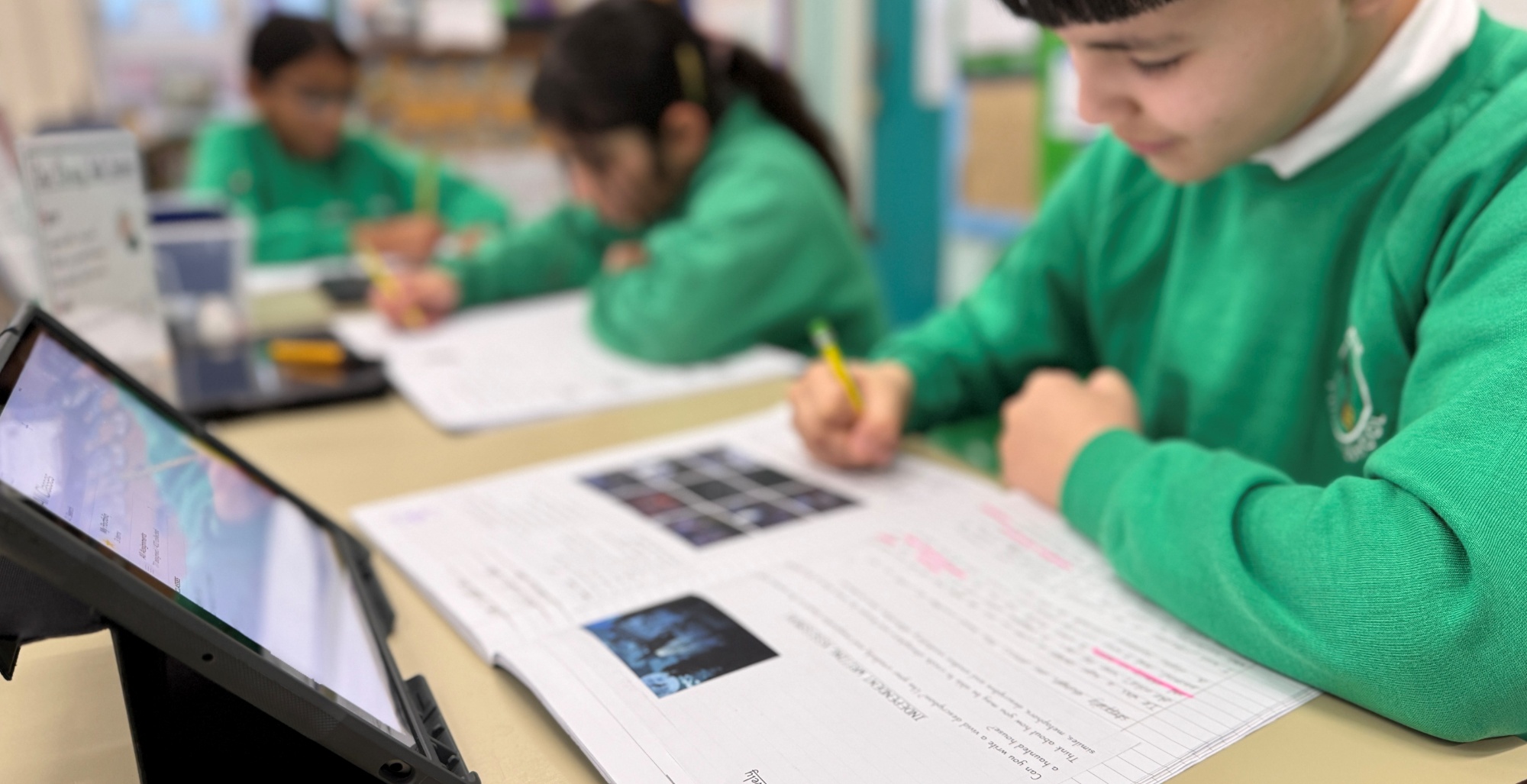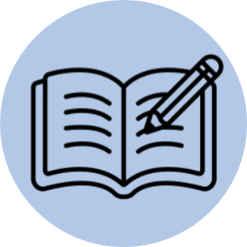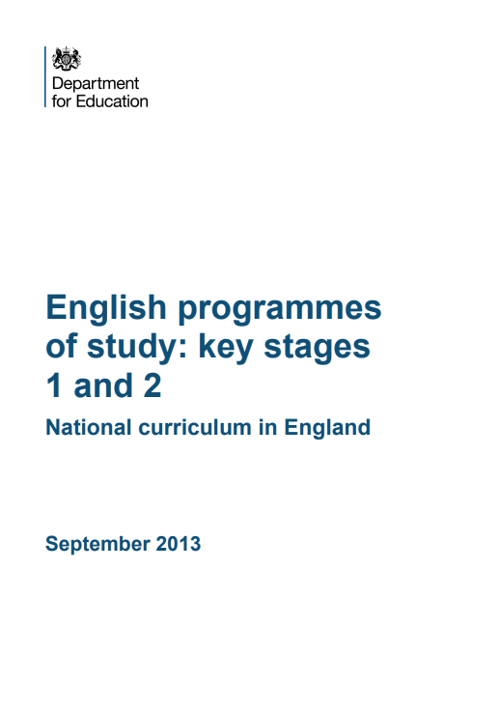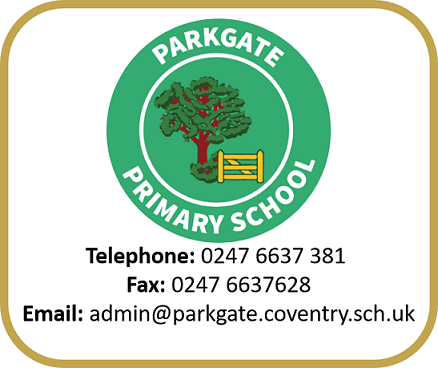As Writers...

 'Almost all good writing begins with terrible first efforts. You need to start somewhere.' - Anne Lamott
'Almost all good writing begins with terrible first efforts. You need to start somewhere.' - Anne Lamott
At Parkgate Primary School we recognise that without effective communication, language and literacy skills, children will not develop as learners. We know that we have a duty to ensure that English teaching is a priority, and we recognise that the skills learnt in English need to be used and applied across the whole school curriculum to prepare children for the next stage in their education and for lifelong learning.
Parkgate Primary School is an inclusive school. We have high expectations for every child. We use a range of whole class, guided group and one-to-one teaching to support children to meet or exceed the national standards for writing detailed in the EYFS curriculum, DfE English National Curriculum (2014) and end of Key Stage (Draft) Performance Descriptors.
The DfE English Curriculum (2014) divides writing skills into two dimensions:
- Transcription (spelling and handwriting)
- Composition (articulating ideas in speech and writing)
We recognise that both these elements are essential to success, and we support the acquisition of both sets of skills through a variety of strategies and approaches. We recognise that these areas are clearly linked to the other aspects of English learning: speaking and listening, reading, spelling, grammar and vocabulary.
Termly medium-term ‘Writing Mats’ for each year group ensure coverage of fiction, non-fiction and poetry and the sub-genres within. These overviews link to suggested texts (for models) and the specific skills to be taught aligning to the text type.
Units taught follow a ‘Talk for Writing’ approach where, generally over a 1 – 3 week period, a model text is studied, key elements are shared, taught and practised before then being applied to a new adaptation of the genre where the children take ownership and apply their learning.
Grammar and punctuation sessions linked to DfE National Curriculum (2014) age-related expectations are interwoven through weekly English lessons. These can be stand-alone or taught as part of a wider unit of work.
Regular Shared and Modelled Writing sessions happen where the class teacher models and co-constructs writing together with the children.
Regular Guided and Supported Writing sessions with the class teacher and additional adults are used to develop and assess children's specific composition and transcription skills identified through the class teacher's ongoing day-to-day assessment and feedback.
Recently we have adopted a simplified and bespoke program for the EYFS and year 1 entitled ‘Scribble Club’ ‘Drawing Club’ and ‘The Curious Quests’ where the children are exposed to a variety of texts and vocabulary and encouraged to share the joy of the pen. Following the EYFS and National Curriculum, children draw and write daily with focused learning intentions, modelled writing examples and encouragement to write their ideas in simple drawings, labels, phrases and sentences.








